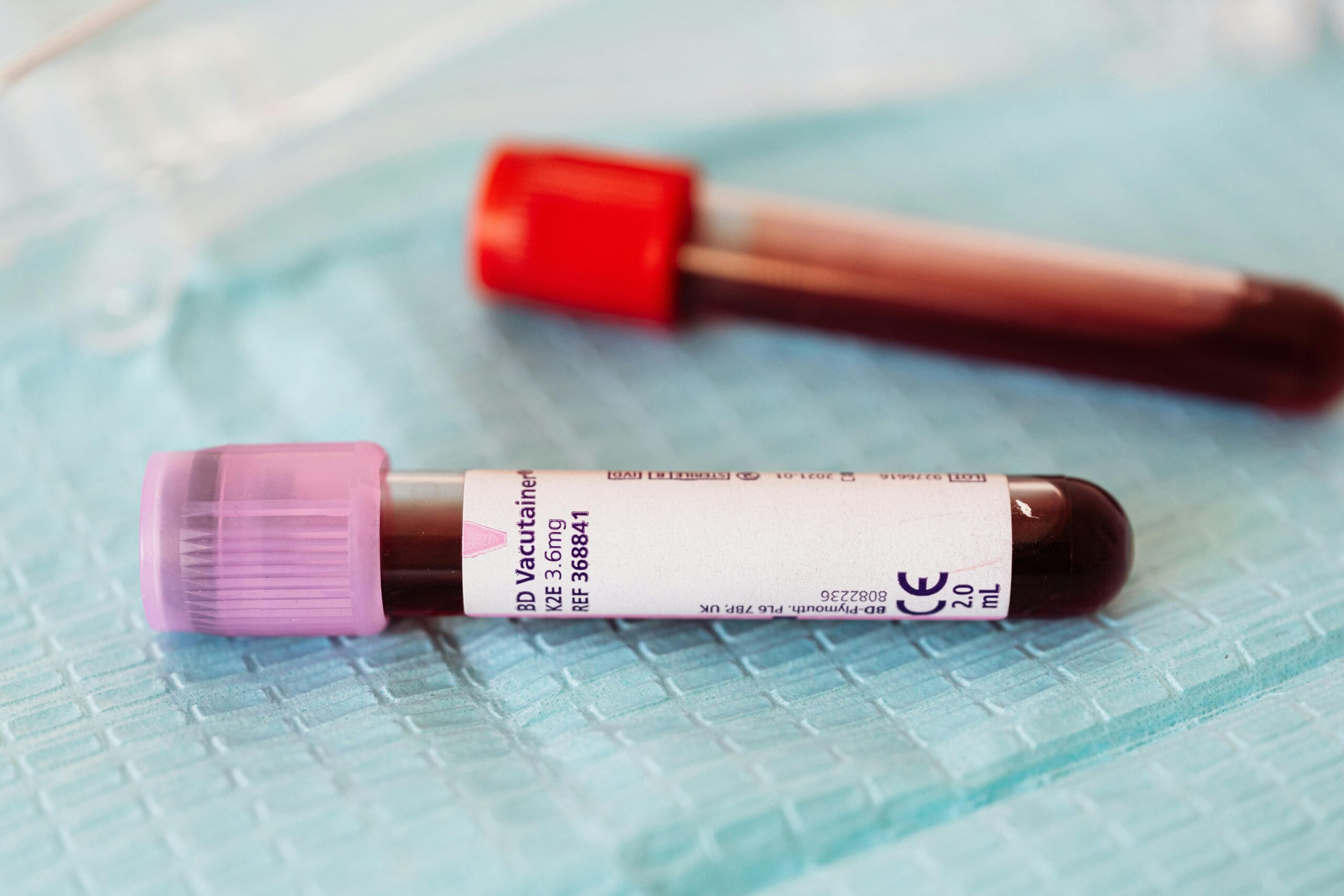Testosterone is a crucial hormone primarily associated with male development and reproductive functions. It is classified as an androgen, which is a type of steroid hormone that promotes the development of male characteristics. While testosterone is predominantly produced in the testicles in men, it is also produced in smaller amounts in the ovaries in women and the adrenal glands in both sexes.
Functions of Testosterone
Testosterone plays a vital role in various bodily functions and developmental stages:
- Fetal Development: During fetal development, testosterone is responsible for the formation of male internal and external reproductive organs. This process begins around the seventh week of pregnancy.
- Puberty: In males, testosterone levels surge during puberty, leading to significant physical changes. These include the growth of facial and body hair, deepening of the voice, increase in muscle mass, and the growth of the penis and testicles.
- Adulthood: In adult men, testosterone is essential for maintaining muscle mass, bone density, and sex drive. It also plays a role in the production of red blood cells and sperm.
Testosterone Levels
Testosterone levels vary throughout a person’s life. In men, levels peak during adolescence and early adulthood and gradually decline with age. Normal testosterone levels for adult males range from 280 to 1,100 nanograms per deciliter (ng/dL), while for adult females, the range is between 15 and 70 ng/dL.
Low Testosterone
Low testosterone, also known as hypogonadism or “low T,” can lead to various symptoms and health issues. In men, these symptoms may include reduced sex drive, erectile dysfunction, fatigue, loss of muscle mass, increased body fat, and mood changes such as depression and irritability. Low testosterone levels can result from aging, medical conditions such as diabetes and obesity, or damage to the testicles.
High Testosterone
While less common, high testosterone levels can also cause health problems. In men, excessively high levels can lead to aggressive behavior, acne, and an increased risk of heart disease. In women, high testosterone levels can result in conditions such as polycystic ovary syndrome (PCOS), which can cause irregular menstrual cycles, infertility, and excessive hair growth.
Testing and Treatment
Testing for testosterone levels typically involves a simple blood test. If levels are found to be abnormal, further evaluation may be necessary to determine the underlying cause. Treatment for low testosterone may include lifestyle changes, such as weight loss and exercise, as well as testosterone replacement therapy (TRT). TRT can be administered through injections, patches, gels, or tablets depending on patient needs and desires.
Conclusion
Testosterone is a vital hormone that significantly impacts physical and mental health. Understanding its functions, normal levels, and the implications of imbalances can help individuals maintain their overall well-being. If you suspect you have abnormal testosterone levels, it is important to consult with a healthcare provider for proper diagnosis and treatment.



